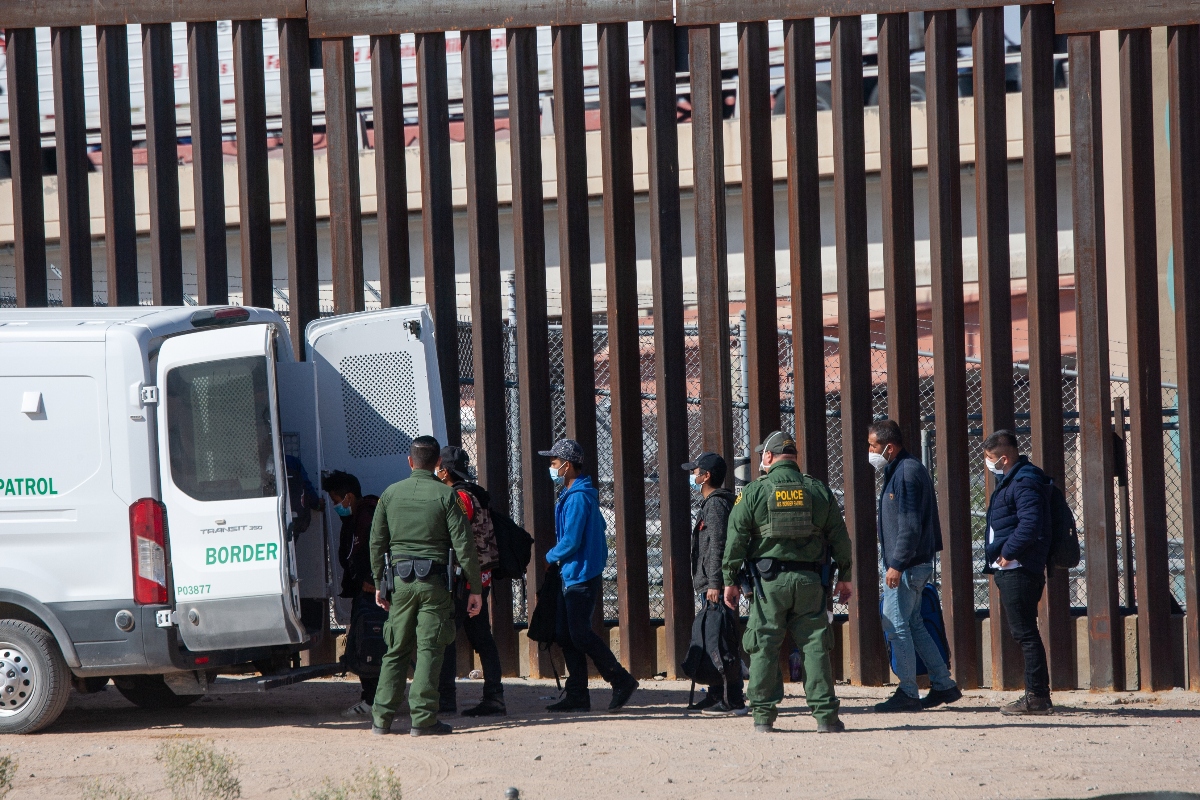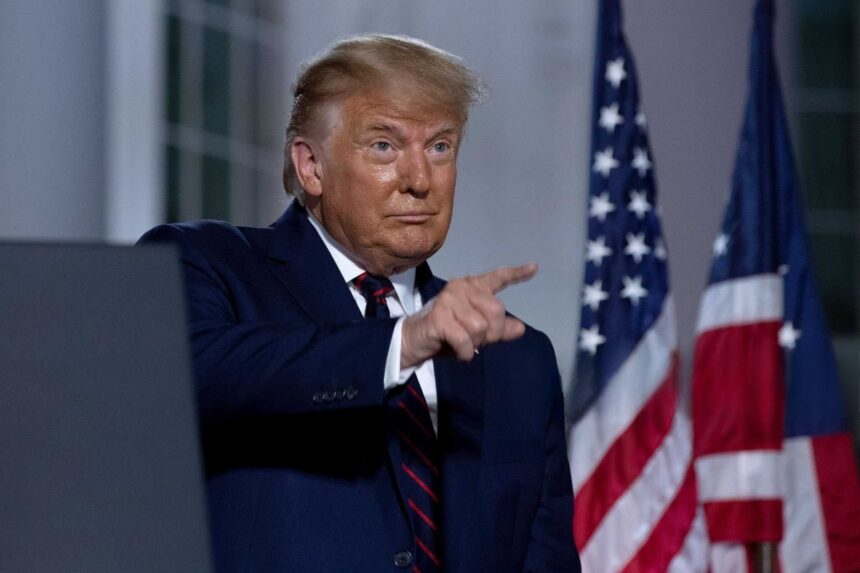U.S. President Donald Trump publicly expressed his appreciation to Salvadoran President Nayib Bukele for cooperating with U.S. immigration authorities by accepting the return of migrants deported from U.S. territory. Among those deported, according to official reports, are individuals identified as members of transnational criminal organizations, including MS-13 (Mara Salvatrucha) and the Tren de Aragua.
Trump acknowledged Bukele’s role in facilitating these deportations and commended his government’s efforts to combat organized crime in the region. He emphasized that El Salvador’s willingness to receive deported individuals—some with alleged ties to violent gangs—demonstrates strong cooperation in the broader fight against international criminal networks.
Context of the agreement

The remarks came amid ongoing discussions about regional security, migration control, and the need for coordinated action between the U.S. and Central American governments to address the root causes of migration and gang-related violence.
In February 2025, both countries signed an agreement whereby El Salvador agreed to receive deported migrants of various nationalities, including those considered dangerous criminals.
Trump praised the elections undertaken by El Salvador
QueOnnda.com
In return, the United States agreed to financially compensate the Salvadoran government, allocating approximately $20,000 for each migrant received.
This pact is described by U.S. officials as “unprecedented and extraordinary”.
Recent deportations

Recently, the United States deported 17 individuals to El Salvador, accused of belonging to the MS-13 and Tren de Aragua gangs.
Upon arrival, they were transferred to the Terrorism Confinement Center (CECOT).
It is a maximum security mega-jail inaugurated by the Bukele government to combat gang activity in the country.
The agreement has generated diverse reactions.
While Trump and his allies praise Bukele’s cooperation, human rights organizations have expressed concern about the legality and ethics of imprisoning individuals without due process.
Experts point out that both Republican President Donald Trump and Nayib Bukele could be acting outside of international and national legal frameworks by implementing these measures.
This agreement reflects the complexity of migration and security policies in the region, highlighting the need to balance international cooperation with respect for human rights and existing legal norms.
For more information, visit QueOnnda.com.














